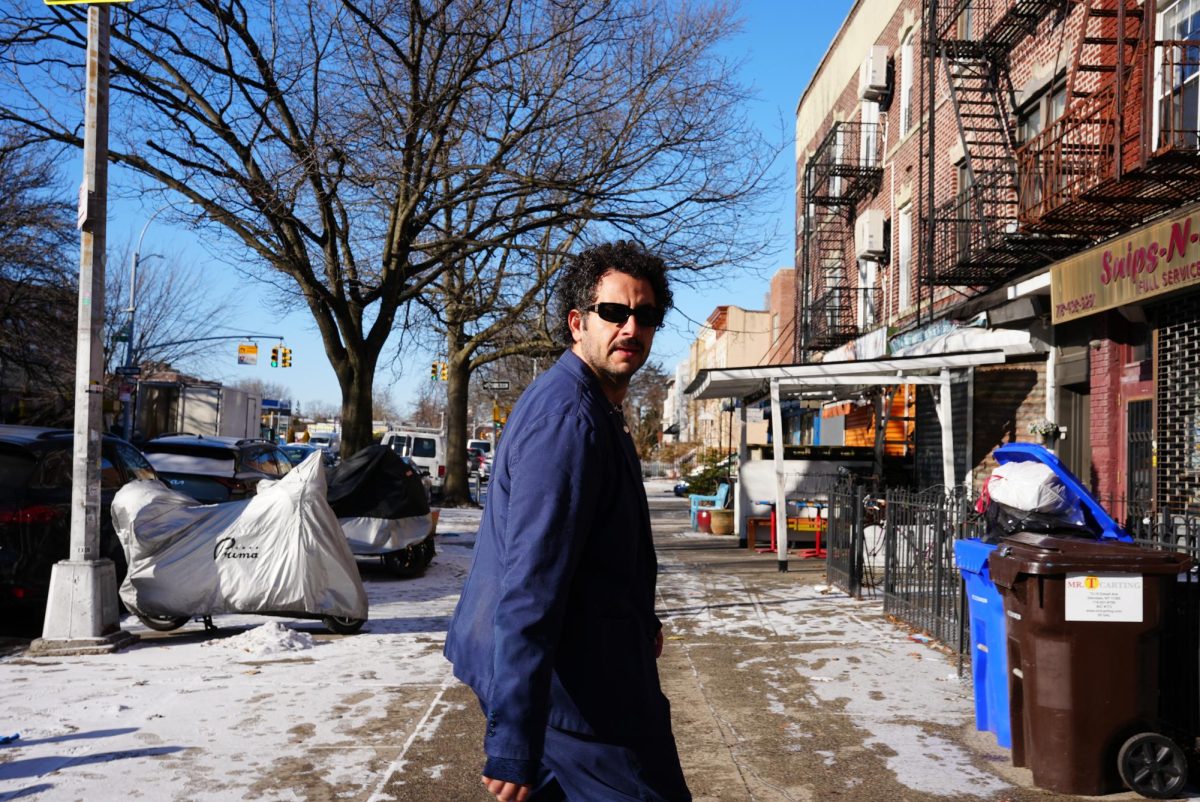Spanish director Pedro Almodovar is approaching that point in his career when we should probably be calling him a master.
He knows it too.
The opening credits of his latest gender-bending, sex-obsessed riot begin with: “An Almodovar film.” He’s reached that single-name plateau. Hitchcock. Welles. Kurosawa. And now, Almodovar.
And rightfully so.
Nobody makes movies like this guy.
He’s spent the last decade destroying all semblance of gender and sexual orientation in his films. Heterosexual standards take a beating in his reality. Best of all, Almodovar wraps his alt-tales in fits of bursting melodrama, narrative tailspins and the most beautiful color explosions this side of Hong Kong.
In his 2002 masterwork, “Talk to Her,” he transformed a plot about two men obsessed with two comatose women into a love story between the two men.
Almodovar’s films bristle with energy because he takes the stuff of subtext – homosocial relations are often hidden in hetero-Hollywood films – and puts it front and center. While focusing on the fringes of normative society is in itself political, there are times Almodovar doesn’t set his counterculture aims high enough.
If we can find any fault in his work, that reluctance is it. Take his 1999 award-winner, “All About My Mother,” which revolves around an AIDS-infected transgender prostitute on the streets of Madrid, Spain, but is not really about that individual’s plight at all. Almodovar is more interested in the drama he can create from such a situation.
Which brings us to his latest endeavor, “Bad Education.”
Almodovar’s new film is a complicated enterprise. He’s mixing scenes from the past and the present, and also presenting a movie within a movie, as he did in “Talk to Her” and “All About My Mother.”
The movie begins with a meeting of old lovers. One day Angel, played by new indie-fav Gael Garcia Bernal (of “Amores Perros” and “Y Tu Mama Tambien”) visits his childhood love, Enrique, who is now a famous Spanish director. He shares with him a screenplay that is based on their experiences at a Catholic boarding school where Angel was abused by one of the priests. Enrique agrees to make the painful re-enactment.
From there, “Bad Education” goes in all sorts of fascinating directions. The plot twists into a disorienting pretzel in which we’re unsure if what we’re watching is reality or the movie within the movie.
What does become apparent, though, is what Almodovar is after in “Bad Education.”
In light of the current wave of priest-abuse scandals, it’s obvious the director is dealing with some very serious subject matter.
But like “All About My Mother,” political commentary is not his main concern here.
Instead, he’s mostly interested in demonstrating his skill as a director. The horrifying event that damaged Angel as a young boy simply becomes a plot device to display Almodovar’s mastery of narrative and drama. He knows he’s dealing with one of the most horrifying examples of human misbehavior and knows the audience will invest a lot emotionally into these characters. So when he begins to play with identity – making us identify with both the priest and the victim – it seems as if he’s just taking advantage of a forbidden act to heighten his drama.
In a sense, he’s showing off. While this makes “Bad Education” quite the experience, it leaves the film devoid of any real meaning.
Almodovar seems to have gotten caught up in his own aura. He had a chance to say something important about the insides of the Roman Catholic Church’s abuse scandal, but instead, he exploits the situation as if it were only a pawn in his narrative game.







